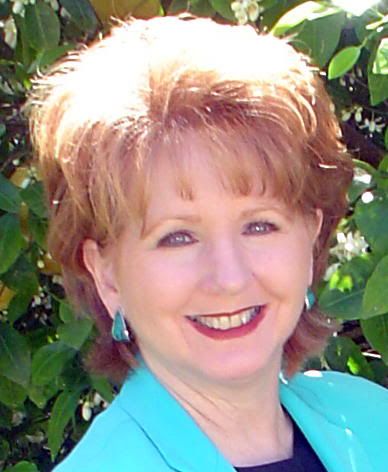TRYING TO FIND MY VOICE--CAN POLLYANNA HELP ME?
I'm on a journey of fiction writing. Though I've sold nine titles, my dreams are big. I have many stories in my heart yearning to burst forth onto the page. That's the case with most writers.
Each writer's journey is different. Some write only in one genre (category), for example, mystery or contemporary. Others write in a couple of genres, or even more. Branding comes into play at some point for the purpose of streamlining your writing (style, voice, and genre) so you can build a solid readership.
There seems to be wisdom in that.
Readers come to expect that you will write only a certain type of story.
Then there are the exceptions to the rule. Angela Hunt writes in many genres. I think her brand is something like Expect the Unexpected or Expect Something Different. Writing in a broad range of genres works for her, from biblical fiction, to historical, to contemporary, to fantasy (I think; it's about a talking gorilla). Another author who's written in at least two genres is Lisa Samson. She started out writing historical romances for Zondervan and now writes contemporary—exclusively, I think.
I could name others. I've read a gillion author interviews. Some authors, like Samson, seem pretty successful in their voice and style and genres and then make a switch. I recently read an interview of Nancy Moser. Up until this point, she's written contemporary. She said she hates research and doesn't do it. But recently, because of her editor's request and urging, she's written a historical. It features Mozart's sister, who, Moser says, was as talented as he was.
In my journey, I've been trying to discover my voice and style and genre. So far, I've had both historical and contemporary romances published by Barbour (though I like to call them love stories—the name of this blog). I've completed some unpublished novels that fall into the contemporary and historical women's fiction genre.
For the most part, and fortunately, I've written the "stories of my heart," meaning that even though they've been written for a publisher's line, I feel I've been given a certain amount of license to let my creativity come forth. For example, in American Dream, the historical collection of four stories of immigrants coming to America, I created a young heroine who's husband died after they came to America from Scotland to begin a new life, and she's forced because of poverty into an arranged marriage. The title is "I Take Thee, A Stranger." I crawled into Corinn's skin and felt what she was feeling as she traveled to Florida and married this man she'd never met. I asked myself what she was feeling as she stood there repeating marriage vows with him, as she made her way in the wagon with him to his homestead, as she walked into his house, as she...gasp...peeked into the bedroom?
When four coauthors came up with the idea of Wedded Bliss? (question mark intended), I was thrilled to be given this chance to write and publish a contemporary story about a woman who'd been married almost 25 years and was in a stale, lifeless marriage. This is my latest title, and it was enjoyable to write as I let my imagination soar with possibilities until I came up with the story.
Having said that, along this journey of fiction writing, I'm still searching and growing, and perhaps will always be in this mode. Aren't all authors? I think so, from what I've seen and read and heard.
When I took a weekly college fiction-writing class for four long-g-g-g years, my instructor, a 15-times published St. Martin's Press author, critiqued 10 pages per week of my fiction. That was a godsend, to have another set of eyes view and assess your work, and especially by a multi-published author; interpretation: knowledge and expertise.
My instructor liked my work. She liked my creativity and said from the beginning she thought I would be published someday. She was prophetic! I "made it" (got published).
At one point, she said she thought my voice was in the historical genre. She said this right after she read one of my contemporaries. The heroine in this story decided not to pursue a relationship with a man to whom she was strongly attracted but who didn't have a devotion to the Lord like she did. This concept seemed foreign to my instructor. She even said if my character was a true Christian, she would be longsuffering and understanding. My instructor just didn't get it.
But she loved my historicals. She liked the fact that they were innocent and refreshing.
Innocent? Is this a bane? Or a boon?
What did a famous author recently tell me about my voice? How have I been exploring the inner recesses of my heart and person in the last year, trying to discover me as The Author? What have I found out? Why am I rereading Pollyanna?
More later…


0 Comments:
Post a Comment
<< Home